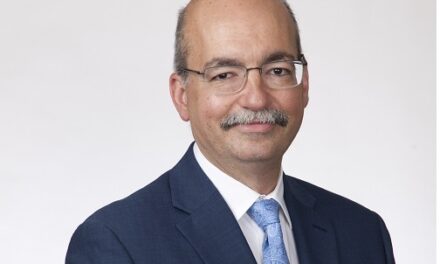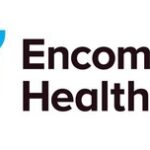 Medicaid reform, adequate funding for services, patient and provider safety, nursing shortages these are highlights of the state legislative issues that the South Florida Hospital and Healthcare Association (SFHHA) will be involved in throughout 2009.
Medicaid reform, adequate funding for services, patient and provider safety, nursing shortages these are highlights of the state legislative issues that the South Florida Hospital and Healthcare Association (SFHHA) will be involved in throughout 2009.
SFHHAs priorities this year closely mirror those on last years agenda, says Linda Quick, president of SFHHA. One new item is the proposed tax increase on cigarette sales, which the organization strongly endorses.
Here are SFHHAs positions on initiatives likely to be discussed in Floridas 2009 legislative session:
Medicaid Reform
In December 2005, Florida lawmakers passed a bill designed to improve health care outcomes for individuals on Medicaid. The changes, which are being piloted in Broward and Duval counties, center on increasing choice in coverage and services.
SFHHA has been watching the reforms progress, and will continue to evaluate them in 2009, says Quick. Last year, interim reports filed by the University of Florida and the states Agency for Health Care Administration revealed that: 1) the opt-out provision, which lets individuals elect employer-sponsored plans over the reform plan, has not been widely used, 2) more managed care plans are now available, but there is limited variety in the services offered, and 3) roughly two-thirds 65 percent – of all Medicaid beneficiaries are presently enrolled in the reform plan.
Funding
Medicaid – Cuts of up to $1.2 billion in the Medicaid budget are possible, which the SFHHA wholeheartedly opposes. If passed, funding would erode further, as the state would also forfeit $280 million in matching federal dollars.
Childrens Programs – SFHHA advocates stepping up resources by tapping the states entire allocation, lifting caps on Kidcare, and fully funding the immunization program. This will be a moot point in Tallahassee, however, if SCHIP, Floridas federal counterpart, is allowed to expire on March 31.
Trauma Centers Since 2005, Florida has dedicated a portion of the fines collected from red light runners for emergency services. While seen as a good first step, the funds it yields fall short of whats needed. SFHHA supports initiatives that would earmark more resources for trauma centers, and assess their impact on the quality and timeliness of care provided.
Safety and Liability
Disaster preparedness – SFHHA advocates for state assistance to help healthcare facilities prepare for natural disasters and terrorist acts. Appropriations will likely be limited this year, nonetheless, due to the economy. Still, Quick hopes that communities will ask for the resources – such as communications equipment or hazmat materials they are lacking.
Patient safety Documentation of adverse actions in hospitals is now in the public domain. This deters staff from putting certain details in writing, fearing that it could be used against them in litigation. SFHHA will work with the Florida Hospital Association to add language to the legislation that would help maintain patient safety, while ensuring continued access to information on hospitals and physicians.
Concealed weapons Even with a permit, Florida citizens cannot carry concealed weapons in certain “safety zones” schools, churches, courthouses, and sports stadiums, for example. SFHHA believes that hospitals and nursing homes should be on the list as well. “Its a gross oversight that were not,” asserts Quick. “Well try to educate our newly elected officials on the importance of including us.”
Nursing Shortages
Nurses are in short supply, in part because there arent enough teachers to train them. To attract more nurses to serve as adjunct faculty, the pay for teaching must be increased, says Quick. SFHHA backs efforts to secure more funding for nursing faculty: because of the extreme need, notes Quick, adding nursing education to the economic stimulus package may be a possibility.
Certificate of Need
In 2008, with Governor Crists blessing, the state tried again to eliminate the Certificate of Need (CON). Although it didnt succeed, the process is now easier for the applicant and more difficult for those who are opposed. SFHHA stands fast in its opposition to abolishing the CON. Affirms Quick: “Theres a mistaken belief that building more health care facilities is good for competition and for the economy. The truth is, it can have a negative impact on existing institutions.”
Cigarette Taxes
New to the legislative proceedings this year is the move to raise taxes on cigarettes. (Currently, Floridas rate is one of the lowest in the nation.) SFHHA, along with state and national groups such as the Florida Hospital Association and the American Lung Association, is pushing to enact this bill. New taxes could help make up shortfalls in Medicaid coverage, and be applied to education, prevention, and cessation programs.
Post Views: 777
 Medicaid reform, adequate funding for services, patient and provider safety, nursing shortages these are highlights of the state legislative issues that the South Florida Hospital and Healthcare Association (SFHHA) will be involved in throughout 2009.
Medicaid reform, adequate funding for services, patient and provider safety, nursing shortages these are highlights of the state legislative issues that the South Florida Hospital and Healthcare Association (SFHHA) will be involved in throughout 2009. 

























